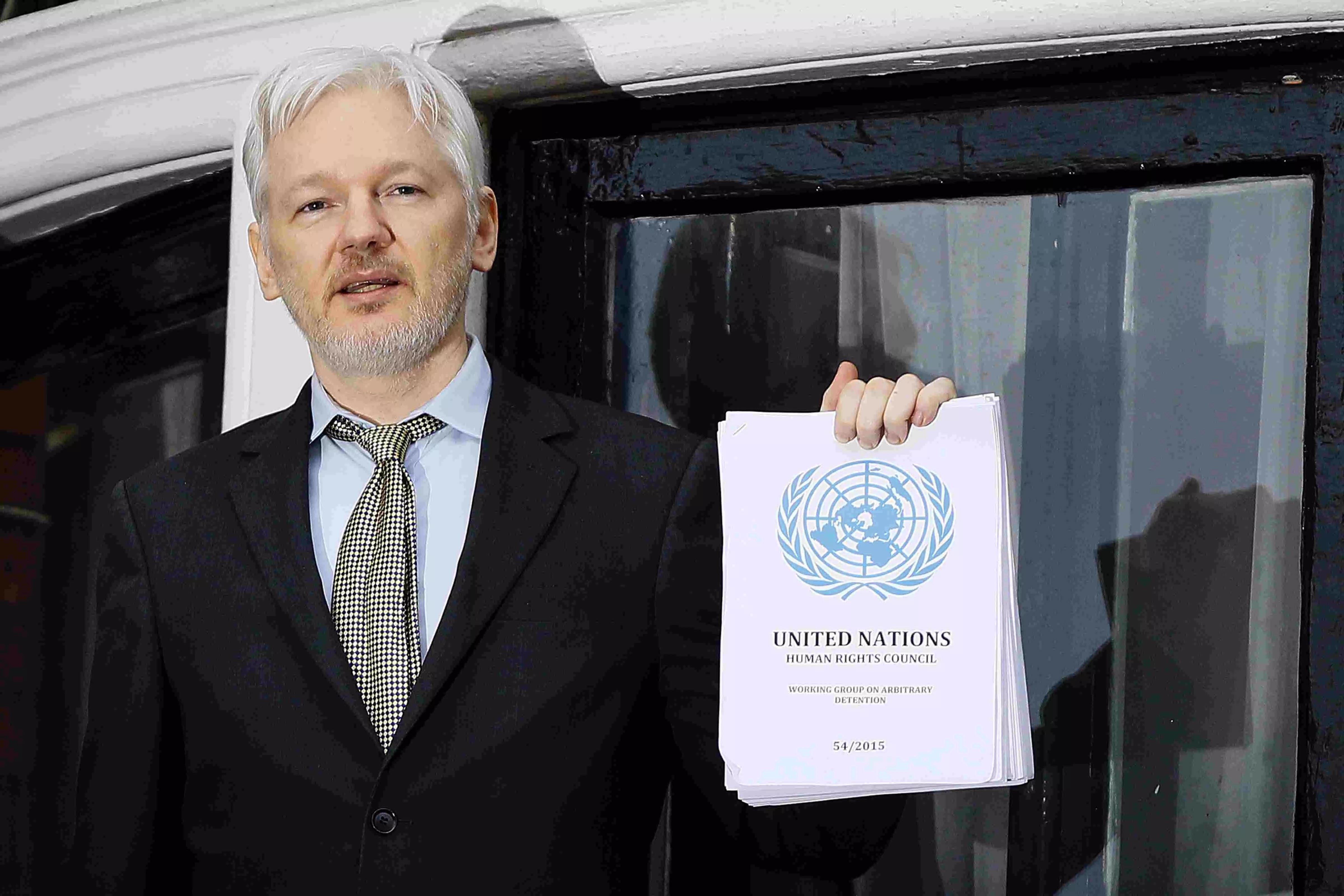Redemption!

Minus the potential for last-minute snags, Jullian Assange, the editor-in-chief of Wikileaks, appears all set to be freed from the shackles of a 15-year-long legal battle that has taken a heavy toll on his mental and physical health. Over these years, Assange has been castigated by many for his act of stealing and disseminating classified US information, but more than that, he has been hailed as a hero battling for transparency and journalistic freedom. Thus, the deal struck by him with the US administration goes far beyond the subject of personal redemption; the official conclusion of Assange’s case will set new boundaries for State secrecy and journalistic freedom. The case has now become a benchmark defining the extent to which journalists can go without ending up as convicts.
It may be noted that after being indicted by a federal grand jury in 2019 on 18 counts related to WikiLeaks' publication of classified documents, Assange faced the possibility of spending the rest of his life in a US prison. The maximum sentence for these charges totalled above 170 years. What has come to the table now is the single count of illegally obtaining and disclosing national security material, amounting 62 months of imprisonment, which he has already served in UK’s high-security Belmarsh prison.
The deal was catalysed by Australian Prime Minister Anthony Albanese’s demand from the US government to end Assange’s prolonged incarceration, to which Joe Biden, too, had conveyed his willingness for a “rapid resolution”. However, the real factor has been the brilliant fight Assange and his aides put against one of the greatest governments of the present era. For an individual to sustain the momentum of such a battle over one and a half decade is an extraordinary feat. The degree of international support Assange, his relatives, and his teammates managed to mobilise over years is simply awe-inspiring. The Assange saga is a case study that will be studied for quite a long time in the journalistic realm.
Braving all odds, Assange successfully stood his ground against the mighty US administration, and continues to do so. His condition that he be allowed to plead guilty in Saipan Island, away from the continental US, has been accepted. The Northern Mariana Islands, where Saipan is situated, are a United States commonwealth in the middle of the Pacific Ocean.
Of course, Assange will be convicted as a criminal in Saipan Islands, but that is a part of the deal which gives the US a face-saving exit from this legal battle. The degree of embarrassment and frustration that Wikileaks classified documents had brought to the US administration was quite palpable. Though the legality of Assange’s methods were controversial and questionable, the revelations they brought forth were of high journalistic standards, exposing the dark operations of the US military. By relentlessly chasing Assange, the US successfully built a counter-narrative where its misdeeds took a backseat and Assange had all the spotlight. As much the deal is a relief for Assange, it means no less for the US.
As Assange pleads guilty for illegally obtaining and disclosing national security materials—which he did—a few questions still remain inadequately answered. The methods adopted by Assange were not out of the journalistic realm; then what explains his prolonged incarceration and now conviction? It is perhaps the sensitive nature of the information. However, if the so-called “sensitive” State information acts as a shield for high-level misdoings and atrocities, beyond territorial boundaries, then who has the onus to expose such inconsistencies? The Assange case will hopefully come to an end soon, but the US administration and military are still left with significant questions to answer.



